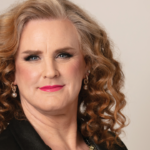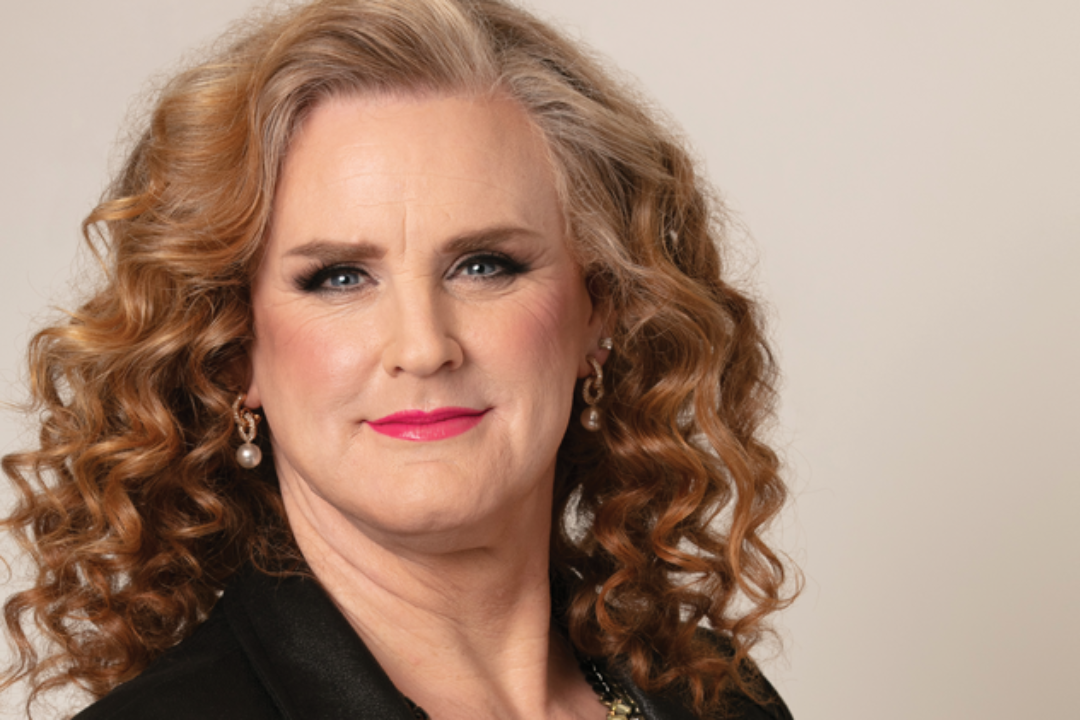When Wanda James was working to open her first cannabis dispensary over ten years ago, she was faced with a lot of stressors, such as raising capital and worrying about not going to jail in the middle of it.
In 2009, James and her husband Scott Durrah opened the first Black-owned pharmacy in Denver, Colorado, the Colorado Pharmacy. And in 2010, the couple launched Simply Pure Edibles, becoming the first African American in the state to “own a pharmacy, grower, and grocery business,” Cannabis Dispensary previously reported.
The cannabis industry was “in a completely different place,” said James. Not only did she have to worry about fundraising, she also had to worry about the negative comments from others that she would receive because of her wrong decision.
James expressed that the money associated with opening a pharmacy in 2009 was the rent for the first and final months, a security deposit, and everything else the owners wanted to invest in the business.
Simply pure pharmacy in Denver, Colorado.
And a few years later, in 2019, Colorado’s cannabis industry opened up to foreign money for the first time. While James said it was a big step for the state, she didn’t necessarily change her strategy.
“We could always have outside investors,” she said. “We just had to go through a lot of ridiculous gymnastics to make this happen, which means we had to borrow money as personal credit to the pharmacy owners. Then the owners could deposit that money into the pharmacy and then the investors could pay it through a personal loan or support a lien on their house. So we’ve always had this ability, but now we only have the legal, direct way to borrow this money. “

James said that small businesses tend to be the ones with the best books and profit margins, but also those who struggle to find investors, as the more prominent investors are generally only interested in investing in large-scale companies.
So the challenge is to find the right investors for the right company, she said.
F.find the right investors
To find the right investors, James suggests setting your growth strategy and figuring out what you want to achieve.
“Getting into the wrong partnerships is expensive, or I should say it’s expensive to get out of the wrong partnerships,” she said. “So not all money is good money.”
James encourages companies to acquire investors who are realistic about the industry.
She said this often happens to female Colorado business owners because, in general, they are not always in “the same circle” as those who can find trustworthy investors. Hence, they have to leave this circle to acquire capital and in the end, find partners who want to take over their business.
For example, James is currently planning to convert their greenhouse lighting to an LED system for several reasons and said it would cost about $ 150,000.
But where does she get the funds from?
“If this were a legal industry, I would go to Wells Fargo and say, ‘I run this amazing company, I’ve run it for nine years, we have solid cash flow and everyone is happy. I would love a hundred thousand dollar loan but we can’t do that, “she said. “So now I have to go to someone who wants 20% of my company for $ 150,000.”
Invest at the right time
“How you raise money early and how you capitalize on your business early will be crucial, “said James.
She advises business owners to rethink their business in stages and look at their finance team from the same perspective as their growers or pharmacy managers.
“I think there are a lot of people out there saying, ‘Oh my god, I have a pharmacy license, we’re all getting rich!’ and then they do their very first raise how rich they get, “she said. “It will be a long time before they hit that, or even break even. So if you think you need $ 1 million you need five, and if you think you need five you need 15.”
While James has been in the cannabis business for over a decade, she said she broke even two years ago and this is the first year she can actually “breathe”.
The need for change
As the owner of the first black-owned pharmacy in Colorado, James witnesses the difficulties minorities face in entering the cannabis industry.
According to data from the Colorado Department of Revenue Marijuana Enforcement Division, minority owners make up just 16.3% of Colorado’s cannabis industry as of September 1.
And while many states like Colorado and Illinois have begun adopting social justice licensing programs, James said the trials are “criminal.”
Denver, for example, is currently reserving new cannabis licenses for social justice applicants to make up for the years cannabis was legal, but the licensing process did not include equity.
“Colorado clearly lied to Black and Brown owners when they said Denver is open for business and we can open a social justice pharmacy, but then we clearly know that there are no rooms a thousand feet from other vending machines are a thousand feet away from a school, 300 meters from a park, 300 meters from a church and whatever those requirements are. They don’t exist, “she said.
James has been looking for a new drugstore in Denver for the past two years but said they couldn’t find a location that complies with city regulations. As a result, she is asking the city of Denver to reduce the distance requirements between pharmacies.
But aside from what needs to change from state to state, the biggest problem is state legalization, James said.
Related:
- How to Prevent Chronic Pain From Getting Worse
- Impacts of Nutrition on Chronic Pain Relief
- Medical Cannabis as Chronic Pain Medicine
- Illinois is awarding 55 more cannabis pharmacy licenses in the second of three license lotteries
- Central Coast winemakers and legal cannabis growers are looking for something in common





